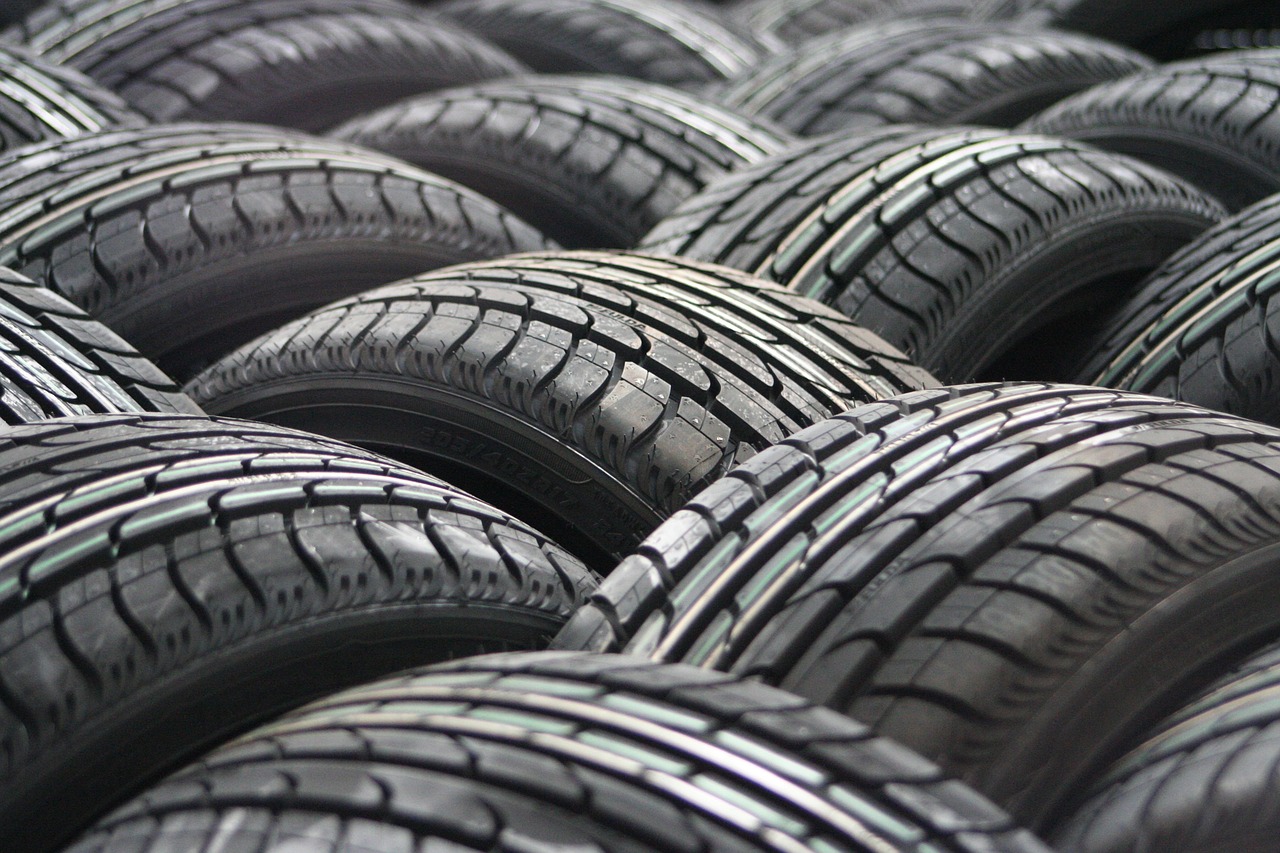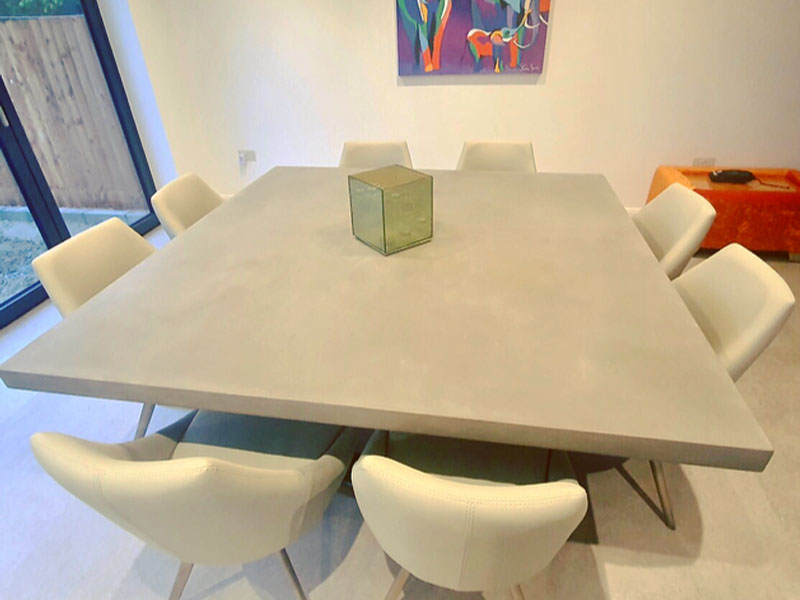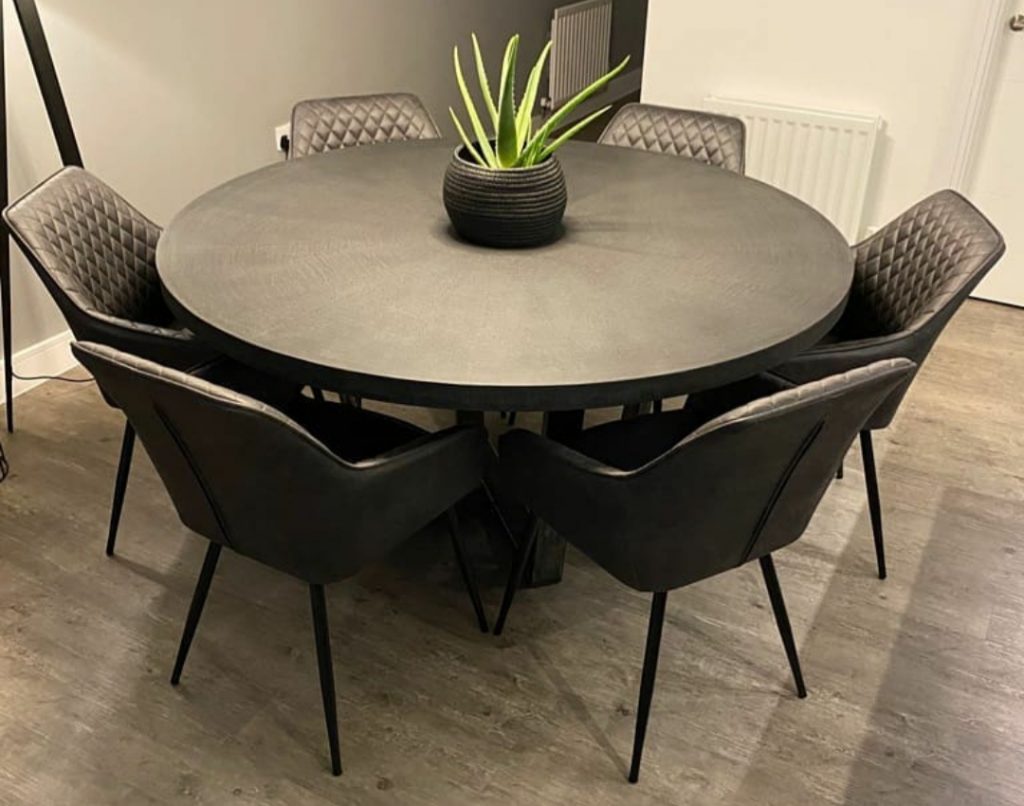Innovative research conducted by the University of South Australia and RMIT University has revealed a groundbreaking new approach to recycling end-of-life tires. The study has demonstrated that incorporating crumb rubber into concrete mixtures is a safe, sustainable and cost-effective solution for the construction industry.
According to lead researcher, Professor Julie Mills, this research is the first to practically demonstrate and construct the new concrete mix in the field, marking a major milestone in the project.
Globally, over 1.5 billion vehicle tires are discarded each year, with less than 1% of them being reused. In Australia alone, approximately 51 million tires end up in landfills, stockpiles, or dumped on mine sites. This accumulation of end-of-life tires is a growing problem that poses a significant risk to the environment, leading to unstable landfills, breeding grounds for mosquitoes, polluted surfaces, and toxic groundwater. Tires are not biodegradable, leading to continuous waste production and disposal, which is entirely unsustainable.
By incorporating crumb rubber into concrete, the research aims to partially resolve the current tire landfill problem and conserve valuable natural resources. Crumb rubber concrete is a superior alternative for residential construction in Australia, providing a much-needed new market for end-of-life tires.
Co-researcher Dr. Osama Youssf notes that the crumb rubber concrete provides numerous benefits, including higher impact resistance, toughness, and ductility. It also offers higher damping ratio, better thermal and acoustic insulation, and a lighter weight than conventional concrete.
The research also indicates that contractors reported no difference between using the crumb rubber concrete and conventional concrete. In fact, the crumb rubber mix required less physical effort across all aspects, making it a more efficient option for construction projects.
Ready-mix cement companies also reported no concerns relating to concrete batching, delivery or mixing. The washout of the concrete truck mixer was far easier, making it a more practical solution for the industry.
Co-researcher UniSA’s Professor Yan Zhuge believes that this research demonstrates how crumb rubber concrete is an exciting development for both the recycling and construction industry. The study’s results indicate that crumb rubber cement is a viable and promising alternative to conventional concrete in the residential concrete market.
In conclusion, this research demonstrates the potential for crumb rubber concrete to provide a sustainable solution for the recycling of end-of-life tires. Its construction benefits and environmental advantages make it a promising alternative to conventional concrete in the construction industry. The study recommends that the concrete industry should consider using crumb rubber concrete as a sustainable alternative to conventional concrete in reinforced residential constructions in Australia.
Contact daniel today to see how we manufacture beautiful concrete tables.





